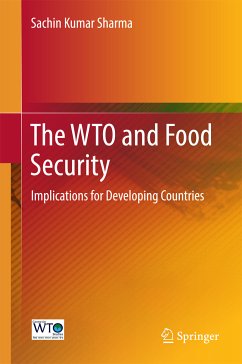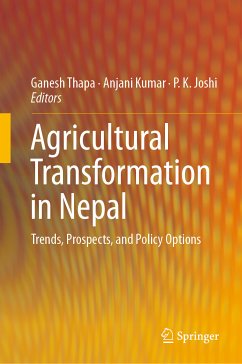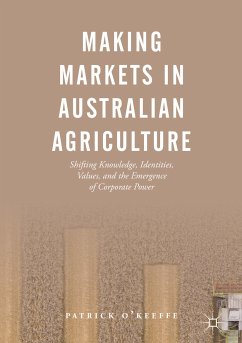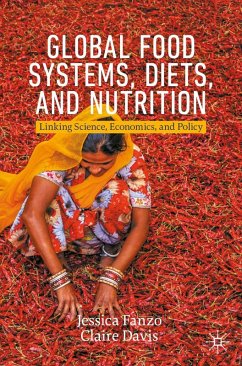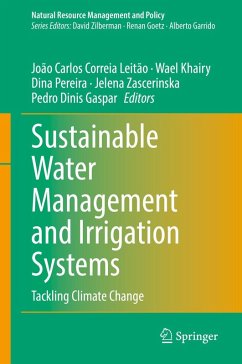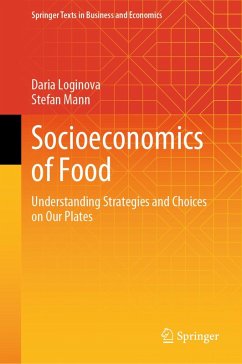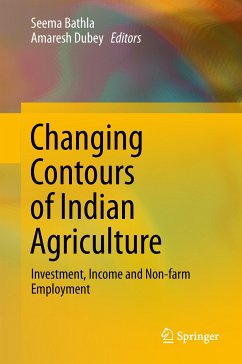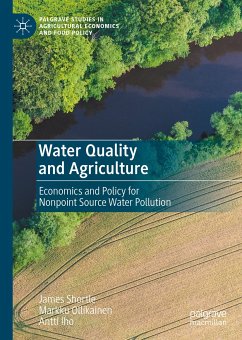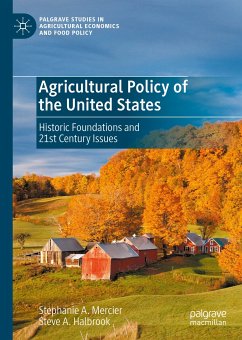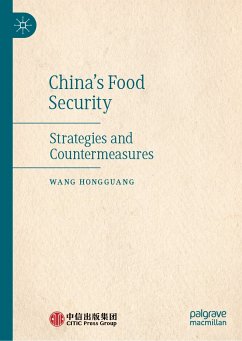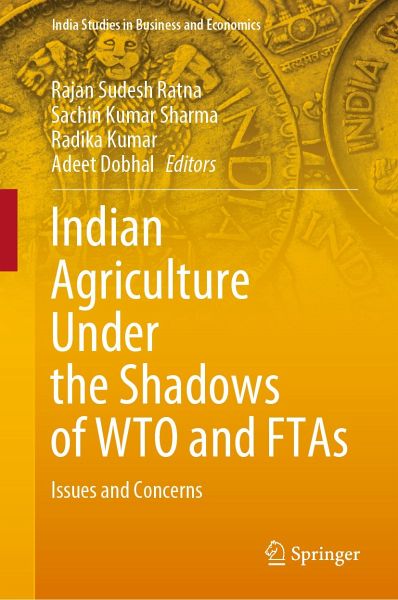
Indian Agriculture Under the Shadows of WTO and FTAs (eBook, PDF)
Issues and Concerns
Redaktion: Sudesh Ratna, Rajan; Dobhal, Adeet; Kumar, Radika; Sharma, Sachin Kumar
Versandkostenfrei!
Sofort per Download lieferbar
56,95 €
inkl. MwSt.
Weitere Ausgaben:

PAYBACK Punkte
28 °P sammeln!
This book examines the various issues and concerns faced by Indian agriculture under the obligations of WTO and the Free Trade Agreements. While the issues discussed pertain mainly to India, the lessons can also be derived for many other similarly placed developing countries. The book delves into various aspects of Indian agricultural trade and evaluates the domestic policies and regulations of government while also looking at external factors like WTO, free trade agreements and non-tariff barriers. Chapters of this book have been contributed by eminent agricultural economists, lawyers and soc...
This book examines the various issues and concerns faced by Indian agriculture under the obligations of WTO and the Free Trade Agreements. While the issues discussed pertain mainly to India, the lessons can also be derived for many other similarly placed developing countries. The book delves into various aspects of Indian agricultural trade and evaluates the domestic policies and regulations of government while also looking at external factors like WTO, free trade agreements and non-tariff barriers. Chapters of this book have been contributed by eminent agricultural economists, lawyers and social scientists providing the perspective from their sector.
This book highlights the challenges and opportunities for agriculture sector under the rapidly growing regional trade agreements and results of negotiations under the WTO. It also provides critical insights into the ongoing fisheries subsidies negotiations at the WTO and issues relating to non-tariff measures. The findingshave broad implications for developing countries in general and India in particular. This book will greatly benefit trade negotiators, policymakers, civil society, farmer groups, researchers, students, and academics interested in issues related to the WTO, FTAs, tariff and non-tariff barriers and other allied issues concerning Indian agriculture. The techniques used in analytical part will mostly benefit the researchers as they can not only use these techniques and methodologies for their future research, but to also carry the research forward. The book is useful for many educational institutes which teach international trade, agricultural economics, and WTO and FTAs studies.
This book highlights the challenges and opportunities for agriculture sector under the rapidly growing regional trade agreements and results of negotiations under the WTO. It also provides critical insights into the ongoing fisheries subsidies negotiations at the WTO and issues relating to non-tariff measures. The findingshave broad implications for developing countries in general and India in particular. This book will greatly benefit trade negotiators, policymakers, civil society, farmer groups, researchers, students, and academics interested in issues related to the WTO, FTAs, tariff and non-tariff barriers and other allied issues concerning Indian agriculture. The techniques used in analytical part will mostly benefit the researchers as they can not only use these techniques and methodologies for their future research, but to also carry the research forward. The book is useful for many educational institutes which teach international trade, agricultural economics, and WTO and FTAs studies.
Dieser Download kann aus rechtlichen Gründen nur mit Rechnungsadresse in A, B, BG, CY, CZ, D, DK, EW, E, FIN, F, GR, HR, H, IRL, I, LT, L, LR, M, NL, PL, P, R, S, SLO, SK ausgeliefert werden.



